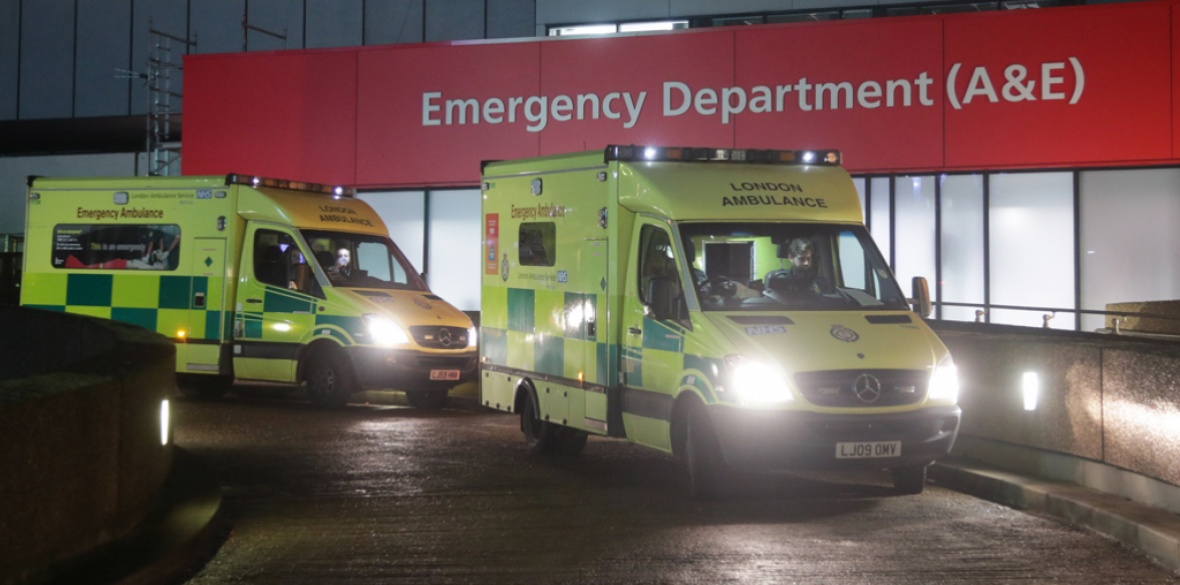This is the last article you can read this month
You can read more article this month
You can read more articles this month
Sorry your limit is up for this month
Reset on:
Please help support the Morning Star by subscribing here
SOCIAL deprivation and long-term health conditions are triggering rises in the number of A&E visits, according to a report published today.
Rates of accident and emergency attendance have more than tripled over the past 50 years, rising to 373 visits for every 1,000 people in 2015-16, the study by Queen Mary University of London found.
Attendance rates for the most deprived population group were 52 per cent higher than for the least deprived.
There was also six-fold increase in A&E attendance rates in those with four or more long-term health conditions compared to those with no such conditions.
Lead researcher Sally Hull said: “People in the most socially deprived areas develop long-term health conditions 10 years earlier than those who are least deprived.”
But, while she said it was easy to “seek scapegoats and suggest that poorly functioning GP services are to blame for the crisis,” she pointed out that the same people who attend their GP surgery frequently also attend A&E more.
Racial disparities were also highlighted, with 54 per cent of children and 45 per cent of adults in the study being of black African/Caribbean or South Asian ethnicity.
Dr Omar Khan, director of the race equality think tank Runnymede Trust, told the Morning Star: “People from BME backgrounds suffer worse health inequalities in part because of the poverty and deprivation they experience, but also because of the well-evidenced link between racial discrimination and health inequalities.
“PM Theresa May has talked about tackling burning injustices, and released a racial disparity audit. This should to be followed up with action to address disproportionate child poverty.
“We need better health outcomes for everyone but we also want all races to be treated equally. Suffering worse health outcomes, whether in terms of likelihood of surviving cancer or maternal health, is a clear injustice that requires urgent solutions.”
Although the report was based on patients in east London, the authors said the findings are also relevant to other inner urban areas with similar levels of material deprivation and ethnic minority populations.
Long-term health conditions included asthma, cancer, coronary heart disease, dementia and depression.









